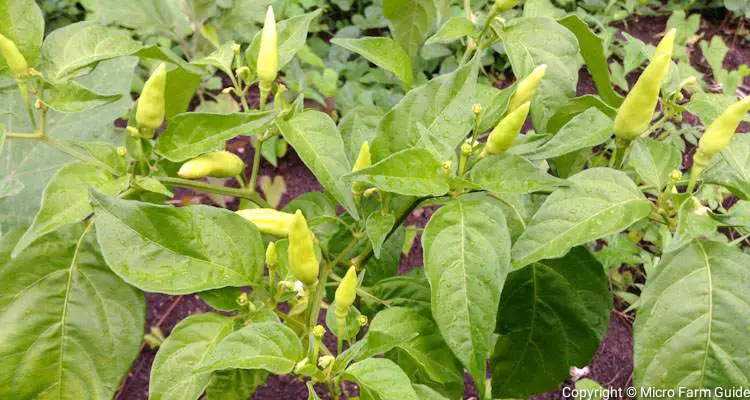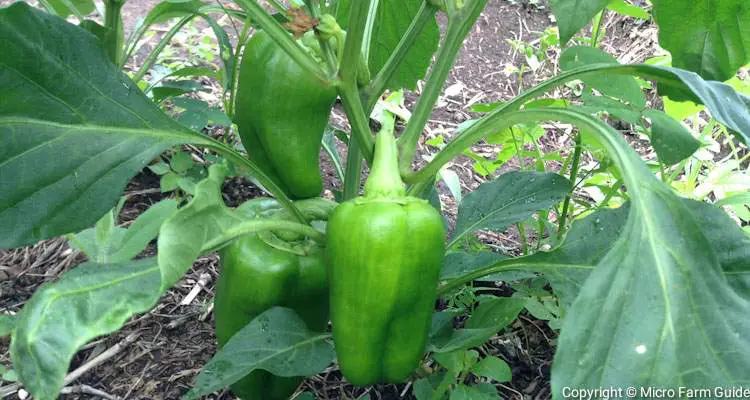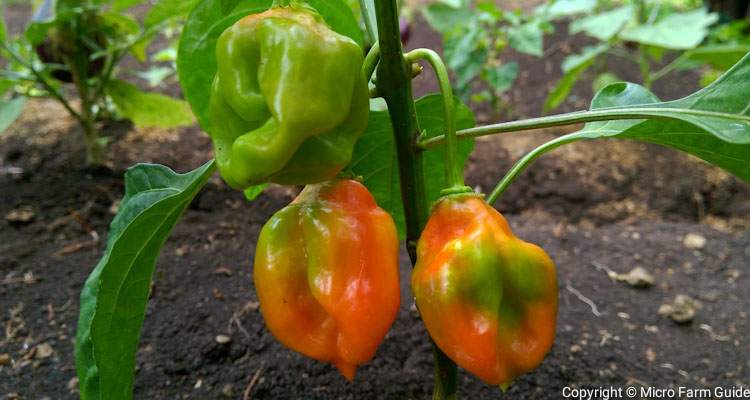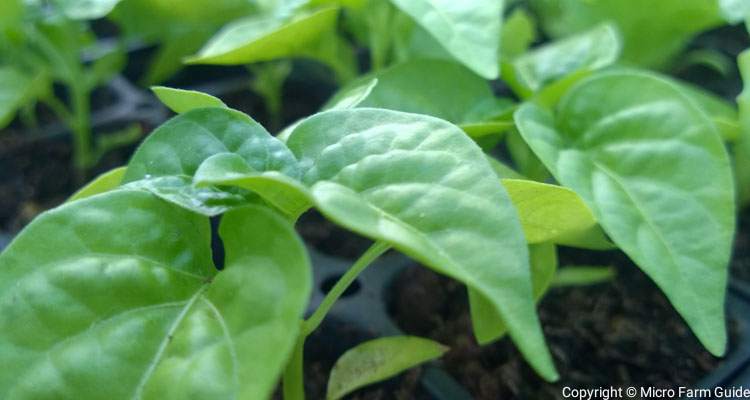Peppers are perennial plants, with some varieties capable of living over 15 years in their native tropical climates.
However, many people are surprised to learn that pepper plants are perennials. This is partly due to the common practice of uprooting mature plants at the end of the growing season and replanting seeds the following year.

In this article, I will share some things to consider when growing pepper plants and tips we use to keep our plants alive for several years.
Can You Keep A Pepper Plant Alive Forever?
Pepper plants are perennials, which means that they can live for many years, with some varieties known to live over a decade. However, “forever is a long time….”
On average, pepper plants live for 3 to 5 years, yet most plants are grown as annuals. This is because peppers are sensitive to cold weather and certain pests, which shorten their lifespan considerably.
So while it is not possible to keep a pepper plant alive forever, you can keep it healthy and productive for some time.

How Do You Keep Pepper Plants For Years?
Peppers grow best in fertile, well-drained soils and thrive in temperatures between 65 and 85°F.
As a result, the easiest way to keep pepper plants for years is to provide them with proper care, growing conditions, and protection from harmful pests and diseases.
Many factors are not in your control, but you should make every effort to provide the best growing conditions that you can.
You must also monitor your plants as they grow for early signs of stress or possible infestations and take necessary actions.
Thankfully, pepper plants respond well to transplanting. So if all else fails, you can prune and transplant mature plants to more suitable locations.

Can Potted Pepper Plants Survive Winter?
Yes, a potted pepper plant can survive the winter if correctly prepared and kept in suitable conditions.
In most cases, you will need to prune the plant and allow it to remain dormant during the winter. It will grow again as the temperature and light duration increase in Spring.
Tips To Keep Pepper Plants Over Winter
As the temperature outside becomes cooler, pepper plants will drop leaves in preparation for dormancy.
At this point, you will need to select the healthiest, most robust plants, and pick any existing peppers from the tree.
Then prune the branches, leaving one to two nodes above the “Y” stem division.
Next, carefully dig up the root ball of the pepper plants, and replant them into a suitable-sized pot filled with a quality potting mix or compost.
Sprinkle a layer of phosphorus-rich organic fertilizer on the potting soil and water the surface thoroughly.
Pepper plants will go dormant once the temperature drops to around 50°F. It would be best to maintain this temperature to keep the plant dormant.
However, you can grow pepper plants indoors once you can supply them with the necessary temperature, light, moisture, and airflow. However, this can get expensive based on where you live.

Related Questions
Why Are My Peppers So Small?
Small peppers are usually a sign that the plant is stressed due to high temperatures, poor soil conditions, lack of nutrients, improper watering, or other abnormal growing conditions.
Can Pepper Plants Grow Year Round?
Yes, pepper plants can grow year-round, provided they receive suitable temperatures and other necessary conditions, similar to their native climate.
References
Oregon State University Extension Service. Five Home-Garden Plants That Are Suitable For Overwintering. extension.oregonstate.edu. Accessed March 2023
